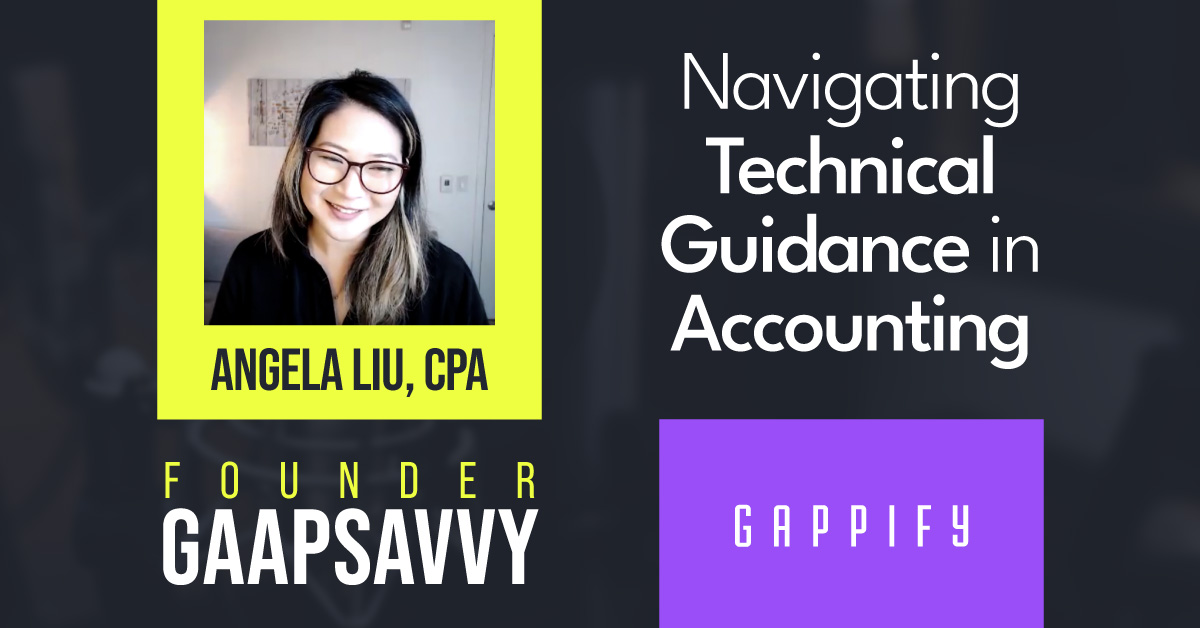
Navigating Technical Accounting with Angela Liu
When looking for savvy financial solutions, most accountants approach company issues from an operational standpoint. But the best accountants know that it’s vital to analyze data from an operational and technical point of view. In this blog, we’ll dissect technical accounting and its nuanced relationship with operational accounting.
What is technical accounting?
Broadly speaking, technical accounting refers to the specialized knowledge and skills required to understand and apply complex accounting principles and standards in financial reporting. Technical accountants engage in a variety of tasks, such as monitoring and analyzing data, conducting research, identifying accounting risks and strategies, and staying up to speed with current laws and regulations.
Technical accounting is an ideal space for people who enjoy tackling tough problems, applying knowledge of accounting principles and regulations, and flexing their analytical skills. If you find yourself drawn to complex challenges and problem solving, you’ll likely enjoy technical accounting and the strategic thinking needed to succeed in this field.
Operational vs. technical accounting
Both operational and technical accounting are important for a company’s long-term success. Technical accounting relies on analysis and research to stay up to date on policy changes that might affect big-picture issues in a company. Operational accounting focuses more on day-to-day internal issues.
It’s wise to learn how to bridge these two types of accounting. As business models grow increasingly dynamic, accountants need to know both types of accounting in order to provide a sound analysis of company data.
How do you get started in technical accounting?
Experience with the grind of closing out each month in operational accounting is an important prerequisite for anyone interested in technical accounting. The best technical accountants are fundamentally curious people, drawn to challenging problems that they can explore and solve.
Many companies now provide access to training for technical accounting, although they don’t always go by that name. If this is a field that interests you, look for training that provides more technical knowledge of your organization.
Another path is to simply get more involved. Sit in on meetings to enhance your knowledge of operations. Volunteer to write the first draft of a memo. Tell your supervisor that you’re interested in taking on new responsibilities. If you’ve proven yourself to be a reliable operations accountant, you will likely have to speak up if you want to stretch your skillset. Don’t be afraid to take that leap for yourself if you’re interested!
GaapSavvy Founder and Former Director of Technical Accounting & Revenue at Glassdoor

Interested in learning more?
Listen to the entire podcast (E23: Navigating Technical Guidance in Accounting) here:
About Gappify
Gappify, founded in 2016, is a cloud-based provider of accrual automation solutions for mid-market and enterprise accounting teams. The company is headquartered in New York City, with offices in Berkeley, California, Washington DC, and Manila, Philippines.
Its team consists of accountants and CPA’s from Big Four accounting firms and software innovators. Gappify is also supported by strategic advisors from some of the world’s most recognized technology companies and is affiliated with the top companies & accounting organizations.